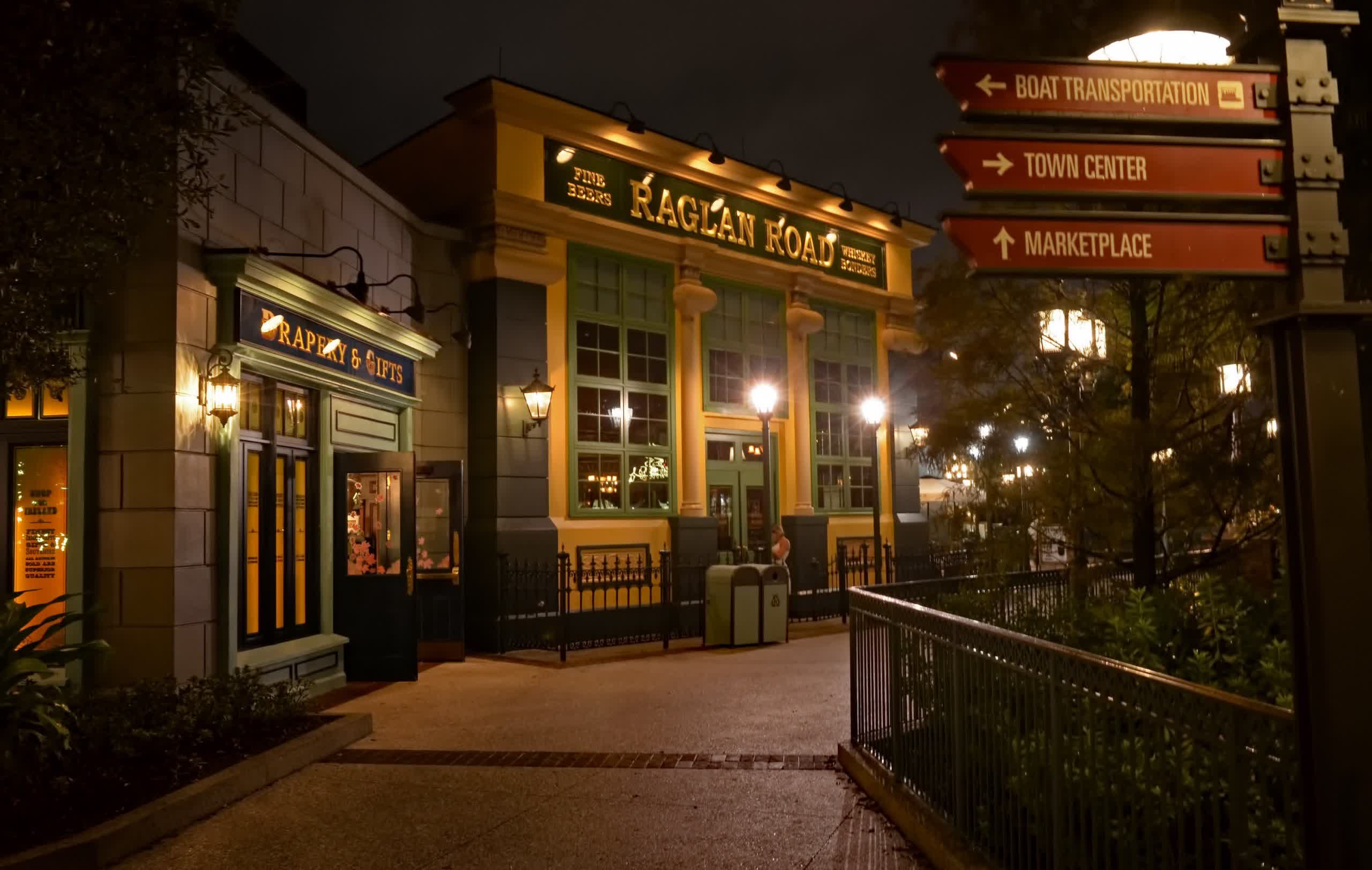In context: Disney raised eyebrows last week when its lawyers moved to dismiss a wrongful death lawsuit because the plaintiff agreed to arbitration when he signed up for a Disney+ subscription on his PlayStation. The legal wrangling sparked blowback on social media and within the Disney community.

On Monday, Disney withdrew its arbitration request to settle a wrongful-death lawsuit out of court, allowing the case involving a woman who died from a severe allergic reaction at a Disney World restaurant to proceed to a jury trial. The New York Times reports that the decision came after public backlash over Disney's attempt to enforce an arbitration clause in a streaming television terms of service agreement.
Jeffrey Piccolo filed the lawsuit on behalf of his wife's estate. Kanokporn Tangsuan, a family medicine specialist from Long Island, died from a severe allergic reaction after eating at a restaurant at Disney World in October. The lawsuit claims that Dr. Tangsuan had informed their server that she was allergic to nuts and dairy. The employee assured her that the dishes she ordered were allergen-free. However, she suffered a fatal allergic reaction shortly after eating.
Initially, Disney argued that Piccolo had agreed to arbitration when he signed up for a free trial of Disney+, thereby forfeiting his right to sue. However, this legal stance was met with criticism when it became public. Critics highlighted the dubious nature of tying a wrongful death claim to a streaming service agreement. Disney also asserted that Raglan Road was independently owned and operated, suggesting that the company bore no direct responsibility for the incident.

Piccolo is seeking $50,000 in damages, the minimum required to file in Florida Circuit Court. However, his legal team stated that a jury could award much higher punitive damages. Despite Disney's claim that it acted only as a "landlord" to Raglan Road, the company acknowledged that forcing arbitration could prolong an already difficult process for Mr. Piccolo.
"With such unique circumstances as the ones in this case, we believe this situation warrants a sensitive approach to expedite a resolution for the family who have experienced such a painful loss," said Josh D'Amaro, Chairman of Disney Parks, in a statement. "As such, we've decided to waive our right to arbitration and have the matter proceed in court."
Legal experts noted that it is rare for a company to withdraw a request for arbitration, suggesting that public perception might have influenced Disney's decision rather than legal strategy. Matt Adler, an arbitration attorney not involved in the case, speculated that Disney decided that the harm from the negative public response outweighed any financial loss it would assume.
The case has also sparked a broader conversation about the prevalence of arbitration clauses in service agreements and the risks they pose in corporate negligence cases. Adler pointed out that most consumers are subject to one or more arbitration clauses in the various legal agreements they enter into, including cellular contracts, brokerage agreements, and the terms and conditions for websites and other services. Piccolo's lawyer expressed concern that Disney's initial attempt to force arbitration could set a dangerous precedent for others injured by corporate negligence.
Image credit: Frank Phillips
Disney backpedals in effort to dismiss wrongful death case citing streaming service agreement